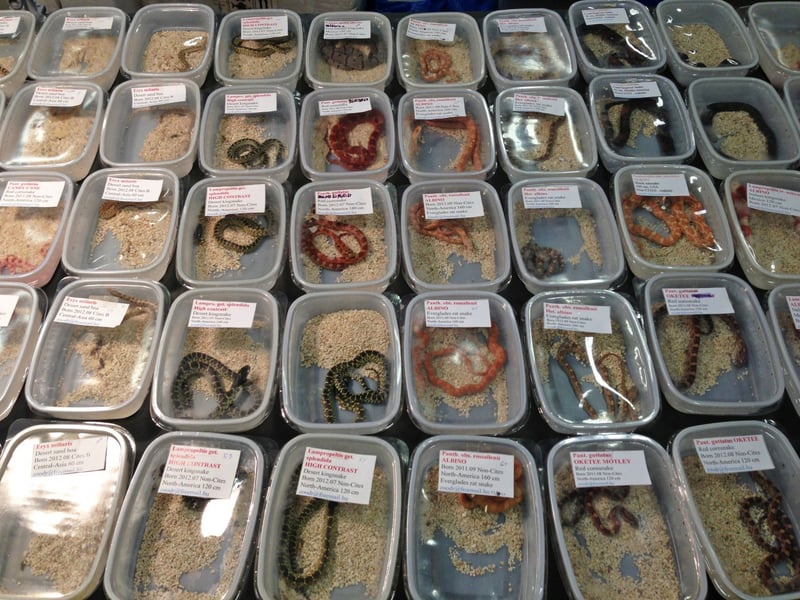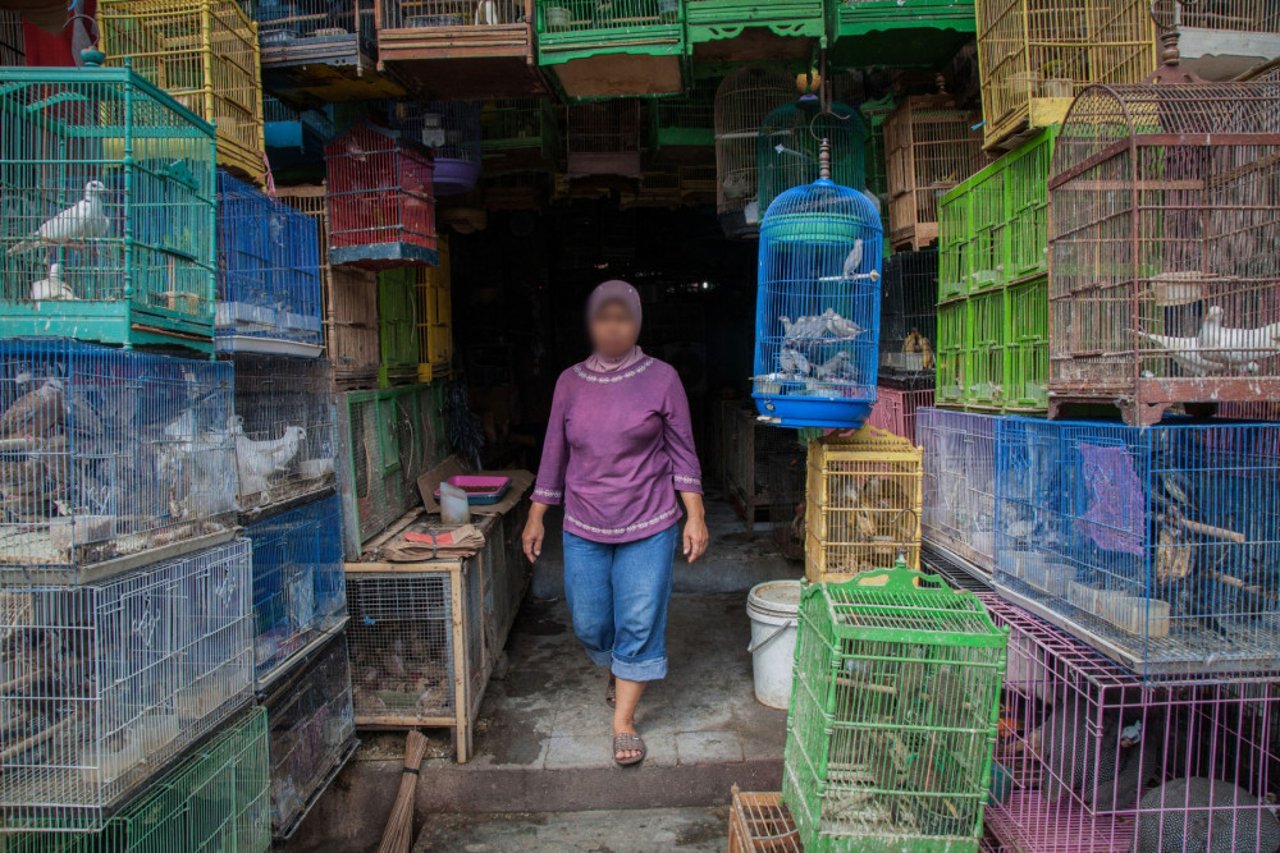
COVID19: why animal welfare matters
News
Severe animal welfare concerns from intensive farming, wildlife markets and associated trade are all proven threats of disease outbreak, such as the most recent global pandemic, coronavirus.
By: Simone Clarke, Executive Director Australia and New Zealand, World Animal Protection
This is not the first time that the transmission of diseases from animals to humans has been the cause of a serious outbreak.
SARS, MERS, Avian and Swine Flus have all provided devastating examples of the interconnection of health, animal welfare and our food systems.
Beyond the grave impact on public health, the systems that put us all at risk are also causing immense suffering to billions of animals every year.
Around the world, the animals are sold at markets, like those reported in Wuhan, have suffered horrendous conditions before they get there.
They’ve either been captured in the wild, stuffed together in bags or small cages for transportation, or intensively bred in farms where they are kept in overcrowded conditions.
A woman walks through caged birds for sale at the Denpasar Bird Market in Bali, Indonesia (Image credit: Nicky Loh/Getty Images for World Animal Protection)
Diseases are more likely to spread quickly through densely concentrated groups. In normal conditions, highly virulent diseases are likely to kill their host before they can be transmitted to another being. However, a crowded market or industrialised shed is an ideal environment for rapid transmission.
Recently, China has banned the consumption of land-based wild animals – captured in the wild or bred and raised in captivity.
This is a great first step and should be celebrated but fails the wild animals used for non-edible purposes, including scientific research, display, fashion, luxury items, exotic pets and medicinal use.
Since the outbreak, scientists have been racing to analyze the COVID19 genome to understand the virus's source and intermediate hosts.
Regardless of whether it started with bats, snakes or pangolins, it can be traced back to how poorly we treat and exploit animals. And that relationship needs to change.
We need to build a better world for animals, people and the planet, but this won’t be possible until we stop treating animals as commodities.
The threat of animal to human disease transmission will continue for as long as there is no effective legislation and policy to ensure wild animals stay in the wild and to drastically improve the conditions and welfare of farmed animals.
Our Animal Protection Index ranks countries on their laws protecting animals and exposes the drastic need for global action.
We are calling on all governments to immediately improve their animal welfare standards, not only for the benefit of animals, but also to reduce the risk to public health.
We need to build a better world for animals, people and the planet, but this won’t be possible until we stop treating animals as commodities.
